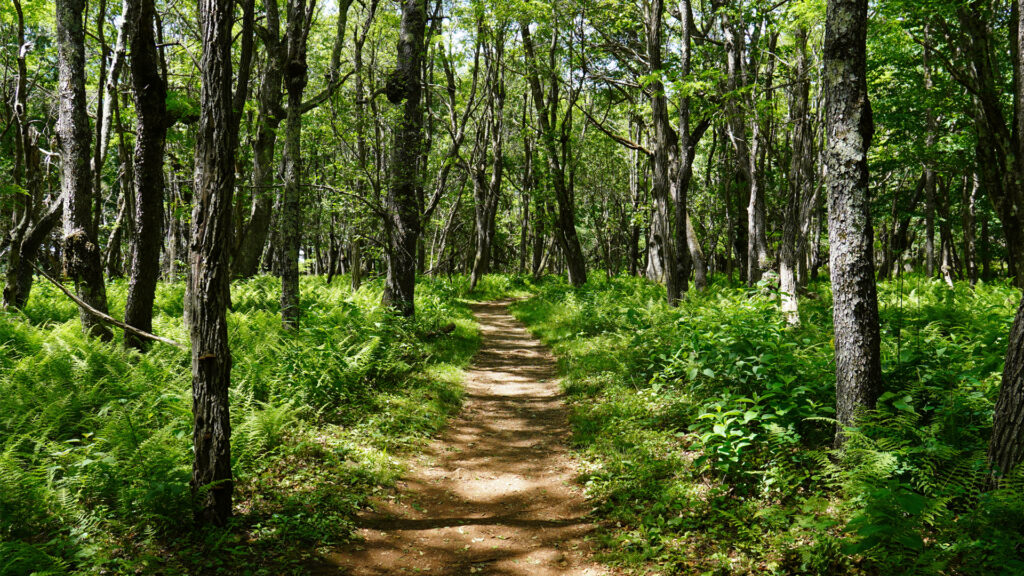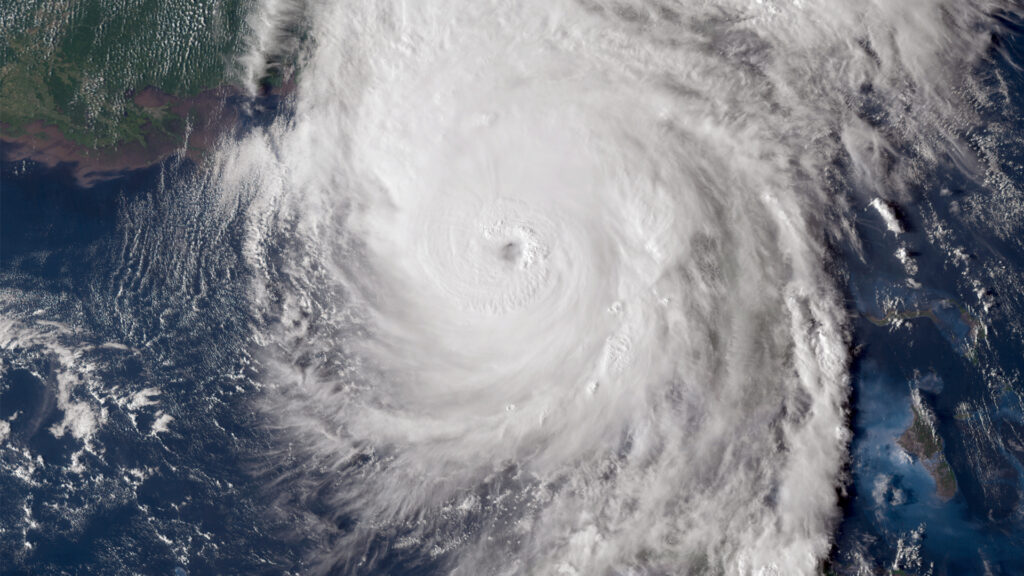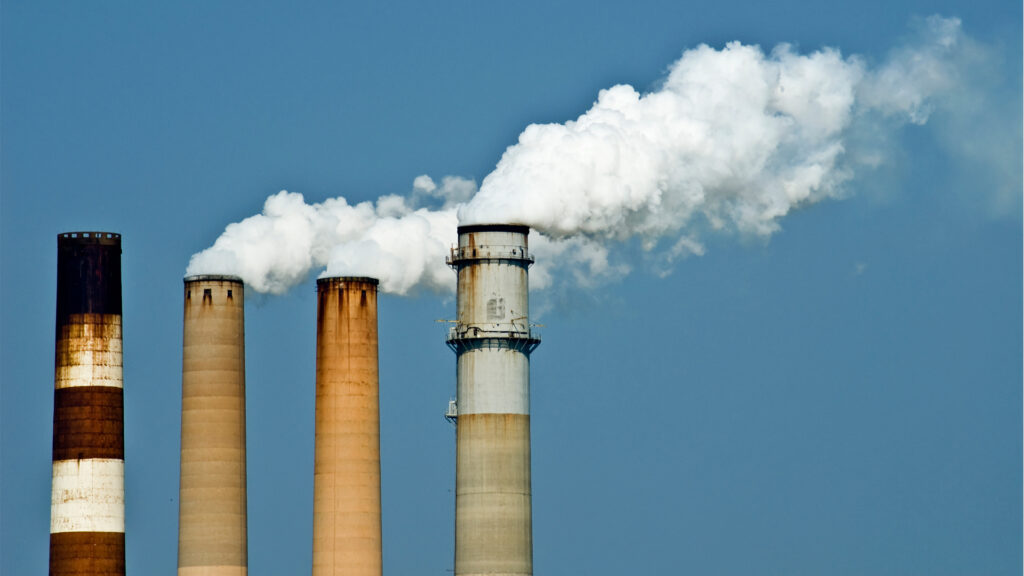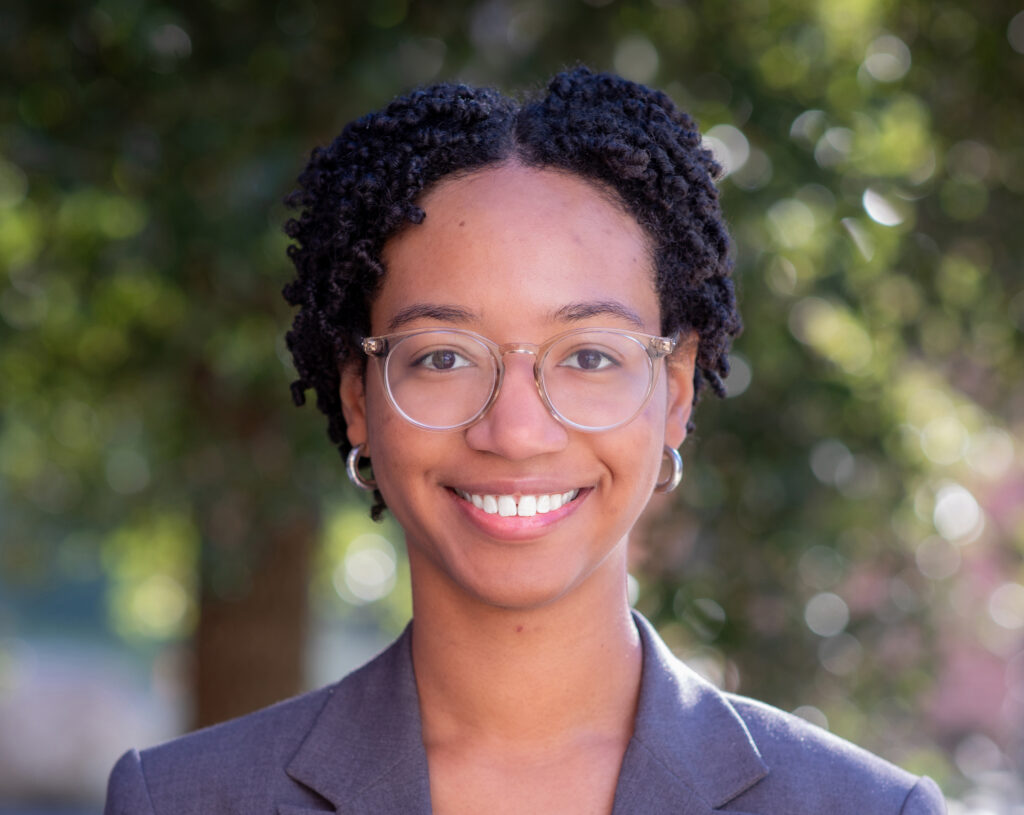By Cameron Glymph, Florida Student News Watch
I spent the first seven years of my life in Virginia, a state known for its majestic woodlands. My favorite part of the state is my grandparents’ land, hidden away in the countryside of Isle of Wight County.

In the summers, we traveled into the isolated forest, through endless peanut, corn and cabbage fields. The air is different when you’re that far into the country. It feels sweeter and easier to breathe, as if it is rewarding you for returning.
The climate crisis has threatened everything from gargantuan tropical forests to the most fragile ecosystems — including Virginia’s woodlands. The worst projections say that the Appalachian region may lose as many as 23 million acres by 2060. Now as a student at Florida State University in Tallahassee, I never would have imagined that I wouldn’t be able to go back to the woods of Virginia.
A “quantum leap” in international climate change mitigation is needed to prevent widespread climate catastrophe, according to a recent United Nations publication. Many young people, including myself, are experiencing the burden of climate change anxiety, a relatively new mental health phenomenon born out of the climate crisis. Even for other generations, more than one in 10 Americans feel anxiety or nervousness due to climate change.
Action vs. isolation: the emotional spectrum of climate change in Florida
Brittany Rivers is a licensed mental health counselor who integrates climate awareness into their practice in Gainesville. The majority of their patients are millennials and Gen Z, and they say that one of their main stressors is that climate change is undermined by the legislators tasked with solving its impacts.
“Many patients report feeling hopeless, powerless, afraid and enraged,” Rivers said.

Many Floridians have experienced at least some of what River’s patients report, specifically in relation to extreme weather. In a recent study published by Florida Atlantic University, 31.6% of Floridians reported feeling extremely concerned about hurricanes becoming stronger, as their intensification happens before our eyes.
Warming oceans are fueling stronger tropical cyclones, which makes the storms more destructive according to Covering Climate Now. Hurricane Helene, which hit the west coast of Florida this past Sept., was the deadliest hurricane to hit the U.S. since Katrina in 2005, with a staggering death toll of over 230.
Last summer, Florida Gov. Ron DeSantis signed a bill that removed references to climate change in state law, effectively banning the topic from being discussed in Sunshine State legislation.
Rivers believes that lack of community action can intensify mental health issues.
“When people don’t feel like their experience is being reflected in the world around them, they feel more distress,” Rivers said. “Nihilism (belief that life is meaningless) happens because individuals feel like they are solely responsible for carrying the burden of their concerns. This is an issue that should be held communally.”
The cost of government inaction: Who feels it the most?
I have felt isolation as a person who has lived in the South my entire life. Florida’s swampy terrain greeted me with the same warmth that Virginia’s forests once did when I moved with my family – but it was not easy growing up here. My first experiences with racism happened under the shade of palm trees, in the prickly Florida heat.

Minority, low-income dominated cities like Tampa and Miami-Dade consistently fail to meet air quality standards defined by the U.S. Environmental Protection Agency according to a report by the NAACP, putting their vulnerable communities at risk. The majority of asthma-related emergency visits are from non-Hispanic Black people.
“Climate change is part of a much larger system of colonization and systemic injustice,” Rivers said. “Whether we acknowledge it or not, climate change impacts all of our systems – internal and external.”
An environmental policy professor at Florida State University, Eric Coleman, believes that what he calls “collective action failures” exacerbate government inaction and in turn, worsen the crisis.
“Politicians continually move the goalpost to avoid making serious climate change policy,” Coleman said. “It incites a culture war — the most politically polarizing issue in American politics is climate change.”
Striving for connection
One of the anxious feelings I wrestle with is a sense of existential dread. Virginia taught me what it is like to live in a place that loves you back. I often ask myself: Will I get the chance to connect with nature in that way ever again?
That is part of University of Florida sustainable psychology professor Ron Chandler’s area of study on terror management theory. Originally posited by social psychologists, the theory offers explanations to the existential nature of climate anxiety and climate change denial, he told me. The theory says that when people feel a sense of dread about their own mortality, they adopt beliefs that allow them to avoid the inevitable.
“No one wants to hear that they’re going to die, and that’s what climate change is, psychologically, to most people — it is the greatest threat to life on the planet,” Chandler said. “The more that you avoid talking about climate change, the more afraid of it you probably are.”
How individuals feel about climate anxiety differs depending on their local environment and how they see it changing. Climate policies should be informed by local problems and solutions, Chandler said.

“We have to learn people’s experiences and how they would resolve the climate issues they are facing,” he said.
Even though Virginia is the state I was born in, I consider Florida my home. I grew up here and my fondest memories are of airboat rides through the Everglades and golden beach sunsets.
But I’ve never felt the same love from Florida as I do from Virginia. The isolating nature of Florida politics, especially in the context of environmental protection, and the lack of community support outside of my family make it extremely challenging.
For now, Florida is my home. And since my anxiety is rooted here, my action and resolve must be, too.
Climate change isn’t just a distant future threat — it’s here and it’s personal. I feel a desire to push for change, not just for the land I love, but for the communities whose struggles mirror my own.
This piece was originally published by Florida Student News Watch at https://www.studentnewswatch.org/post/florida-climate-change-anxiety-personal. Banner photo: A young person sits by the water at sunset (iStock image).
Sign up for The Invading Sea newsletter by visiting here. To support The Invading Sea, click here to make a donation. If you are interested in submitting an opinion piece to The Invading Sea, email Editor Nathan Crabbe at ncrabbe@fau.edu.




What a talented writer! The way Glymph ties together the politics of climate change with their personal stakes really makes me feel invested in the article! Can’t wait to read more from them!